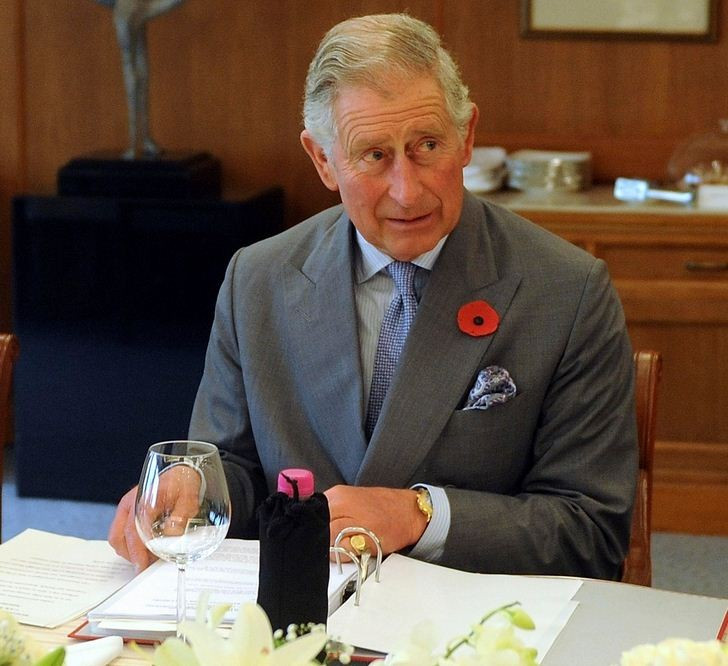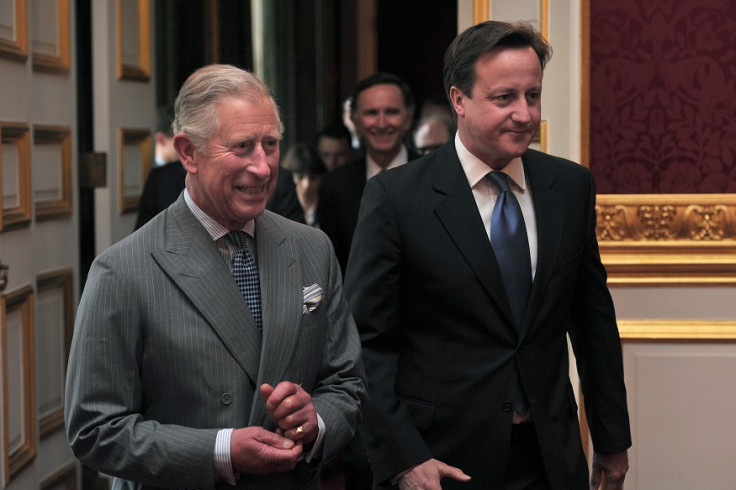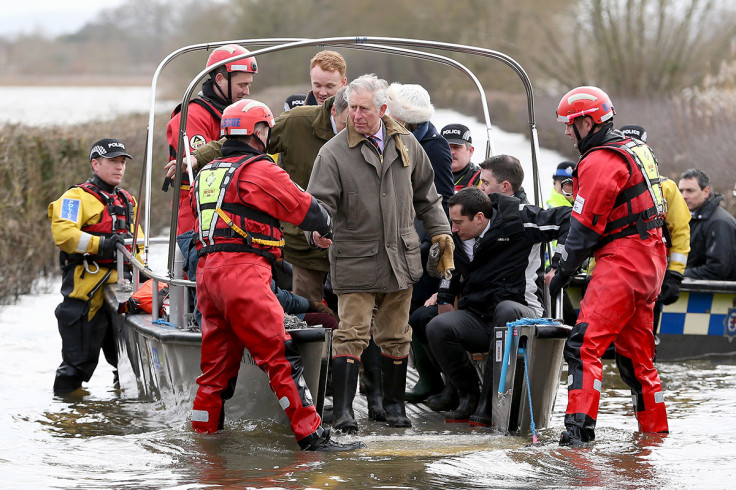Prince Charles: Should Political Letters Written by Future King be Published?

Revealing letters written by Prince Charles that allegedly lobbied government ministers could eventually be published after judges ruled that a veto to supress them was illegal.
The Guardian newspaper has campaigned for the letters to be released under freedom of information laws.
But Attorney General Dominic Grieve said doing so would compromise the Prince's political neutrality as heir to the throne and eventual monarch.
However, a panel of judges has said Grieve had no good reason to override a decision made in September 2012 that the public should be allowed to see the letters.
The long road to eventual publication is now likely to lead to another appeal, this time with Grieve taking the case to the Supreme Court.
Prime Minister David Cameron has backed Grieve's efforts to ban publication.
His spokesman said: "It is important to preserve confidentiality of communications between the monarch and the heir to the throne.
"(Cameron) very much supports the case the government has been making in the courts and we shall continue to make that case."
Monarchy and politics
A cornerstone of Britain's constitution is that as Head of State, the monarchy exercises political neutrality and as heir to the throne, this unwritten rule also applies to Prince Charles.
This is because the monarch's Government will be formed from whichever party can command a majority in the House of Commons.
After hereditary peers were abolished in 1999, the Dukes of Edinburgh, York, Gloucester and Kent became eligible to vote. However, to maintain neutrality they do not exercise that right.
Other members of the Royal Family are required to preserve their political neutrality so as not to embarrass The Queen
Source: www.royal.gov.uk
Political Prince

The Attorney General has said Charles's letters contain his "most deeply held personal views and beliefs" and are "particularly frank" and argues their release would undermine his position as Heir.
But Charles is known to take a great interest in British politics and has been by far the most outspoken member of the Royal Family regarding politicised issues.
An architecture buff, Charles courted controversy after writing a letter to the Qatari prime minister in 2010 asking him to withdraw from a £3bn development of Chelsea Barracks.
His intervention is thought to have inspired the emirate's investment vehicle to reconsider its design for the ten-storey block of flats.
In his diaries, former Labour communications chief Alistair Campbell said Charles wrote complaining of the removal of hereditary peers from the House of Lords.
As well as old-fashioned buildings - "timeless architecture" as Charles calls it - the Prince of Wales has directed his royal gaze over the environment, young people and fox hunting.

A lover of letters, who apparently fired off up to 1,000 a year to government ministers as well as other recipients, the 65-year-old has criticised global warming sceptics as well as the financial sector.
As the oldest son of the Queen, Charles inherited the Duchy of Cornwall, a sprawling land and property protfolio, that saw the prince become more forthright in his opinions on agriculture and the need for regeneration.
© Copyright IBTimes 2025. All rights reserved.






















